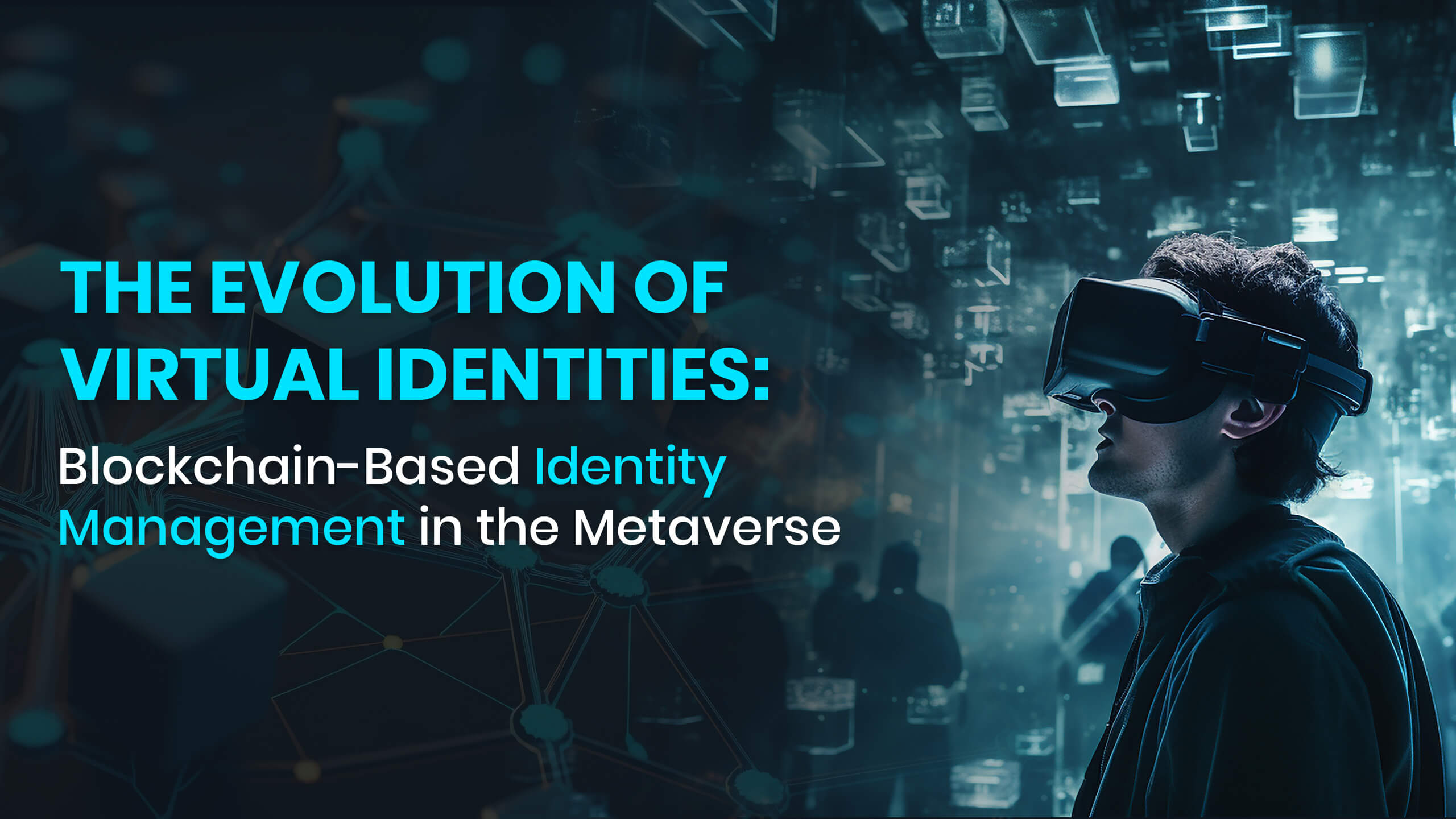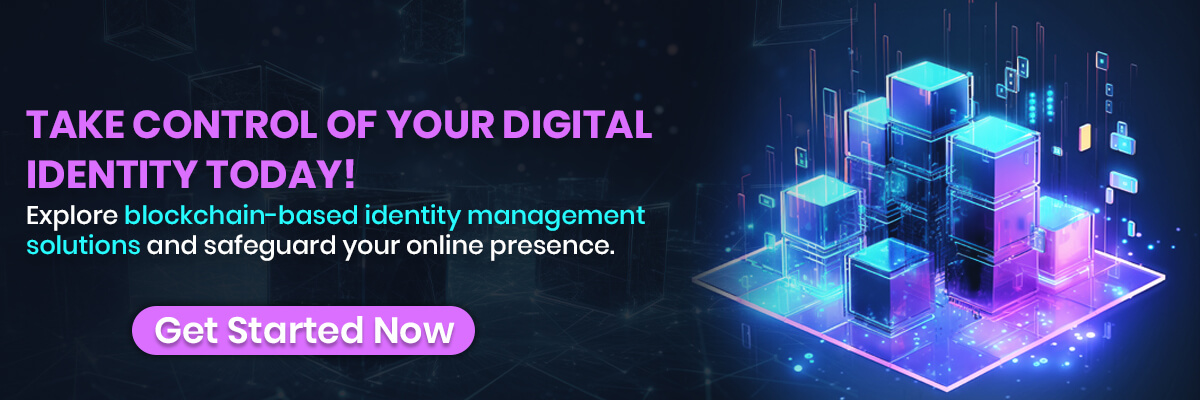The word “Metaverse” has acquired broad popularity, widely interpreted as the way to shape the Internet of tomorrow. This concept is changing which has seen investment opportunities but also raised questions about security or risks generated.
There is no one specific definition for Metaverse. But it generates an intense discussion in the tech community and even further shows its predictions of digital space. Over the last few years, there has been a significant discrepancy between the development of technological advancements and political regulations law creation modification, and enforcement. Digital disruption regularly produces unanticipated outcomes. Regulation and compliance should be a must for the society of the metaverse. To guarantee that the user’s sense of security is the same as in the real world, the kind of spaces we create in the metaverse and who gets to own and control them need consideration.
What is the Metaverse?
This Metaverse is a virtual immersive world, where you can interact with others’ avatars and perform a variety of tasks. That further reinvents trends in human communication. It incorporates social interactions, work, entertainment, and much more. These are spearheaded by the use of sophisticated technology such as VR and AR.
What is Identity Management?
Identity and access management refers to the series of procedures, policies, and systems. That controls the access that only authorized persons have to technology resources, information, or services. However, cybersecurity experts and industry professionals identify and access systems to ensure a smooth cyber experience at the full level of safety.
The Role of Identity in the Metaverse
Through Metaverse, you will develop a digital character that transcends the keyboard and screen boundaries. It will represent you in a form that will travel across platforms, and participate in events, games, and meetings, changing your virtual existence in the process. Therefore role of identity is not only defined by entering usernames and consuming content. The element of identity is a key factor that defines your presence and interactions in a virtual world. Your Metaverse avatar might be just another facade. But it’s your digital identity, your virtual representation of yourself, which is either synonymous with or stands for you.
Why a new Digital Identity Framework is important in the Metaverse?
With the introduction of the Metaverse, its architecture requires a substantial change in how is it that we manage and communicate our digital identities. Therefore, the present architecture, based on centralized clusters and conventional passwords, is unacceptable.
Several key factors drive the need for a new approach:
- Password Exhaustion and Inconvenience
- Efficient Verification
- User Data Ownership
- Cross-Platform Interoperability
- Privacy by Choice
Digital Identity and Its Importance in The Metaverse
Digital identity constitutes the foundation of a well-functioning Metaverse implementation. It goes beyond just verifying someone’s identity and extends to how the virtual persona lives and breathes. Therefore, here are the key roles of digital identity in the Metaverse:
Authentication and Access Control
Revealing the true identity of the Metaverse users will depend on how secure the digital identities of those who enter the Metaverse are. Moreover, the true nature of this digital identity can be verified; Hence, it can be utilized as the primary access control technique. That determines the type of user interaction and the level of permission management available in the Metaverse.
Security
The metaverse and other adverse technologies create more loopholes that destroyers of convenience can explore to help others achieve evil objectives. So, digital identity systems should guarantee reselling attacks by using reliable identity frameworks with decentralization and other similar features.
Privacy
Safety and privacy constitute the two faces of the same coin. High-level technologies highly secure user data. Moreover, the privacy protocol dictates that “even though the person doesn’t steal the data, such personal information shouldn’t be shared with third parties, either”. This highlights the importance of encryption and zero-knowledge-proof technologies for user authentication methods as well as data storage processes in preventing unauthorized access and therefore confidentiality of personal data.
Personalization
Those who are not part of the digital self in the Metaverse will have nothing to call their own. According to the Metaverse at present, digital platforms will be taking part in business entertainment as well as social gatherings; this in turn is responding to the whole trend of digital identity.
Customization
People can make up their avatars and virtual characters that may resemble them or can create whole virtual ones. They are in charge of their looks, these are they who choose and set things up.
How is Blockchain Utilized in Identity Management?
Blockchain is a computing technology that operates by having a shared database on which all the computers in the blockchain network, along with the entire digital transaction ledger, are interconnected with each other.
The ledger is the digital record of all the accounting entries. Blockchain also provides a very difficult platform for someone to hack into, cheat the system, or change the records. Because they would change the next retroactively changed blocks of information.
Using blockchain tech it is possible to verify identity information and generate an audit trail in seconds. However, before moving to the role of blockchain in identity management, it is first necessary to establish some basics of blockchain and its operation.
Benefits of Virtual Avatars of the Metaverse
The virtual avatars of the metaverse, based on decentralized identity management, guarantee a novel and mind-blowing interpretation of ourselves in digital environments. So, let’s delve into this fascinating transformation:
- Traditional Digital Identities: Traditionally, the digital identity was divided across different platforms and services having no or little interconnection and security. People tend to create many different identity profiles for various online resources, which often leads to a lack of conformity and efficiency in the manipulation of their online presence.
- The emergence of the Metaverse: The idea of the Metaverse, a virtual shared space within a collective online framework, has overpowered the industries of VR, AR, and online gaming, powered by significant development in this area.
- Challenges with Identity Management: The complexity of the metaverse as it grows raises the question of whether it will be possible to manage digital identities. However, identity theft, data breaches, and lack of trust in centralized identity providers are examples of issues that challenge virtual identity security and its integrity.
- Blockchain-Based Identity Solutions: Blockchain technology answers a problem of identity management in the space of the Metaverse. So, the implementation of distributed ledger technology offers the ability to build independent identities that are owned and controlled by the users.
How is the Evolution of Virtual Identity Benefiting the Metaverse?
- Security and Trust: Identity management in the blockchain is significantly enhanced through the application of cryptographic approaches and the utilization of established (distributed) infrastructure. It minimizes the possibility of identity theft, fraud, and data breach and people become more confident and they enjoy a very secure connection during their activities in the metaverse.
- Interoperability: Data silos and compatibility issues across different platforms may pose challenges for a typical identity system. However, with blockchain-based identity solutions, a unified system for identity management and verification is created, which can be used interchangeably in different metaverse environments, thus reducing friction.
- Ownership and Control: Blockchain technology-powered self-sovereign identities grant users full digital identity ownership and permission to control and manage them. Moreover, such decisions enable them to share certain information and those consent processes and improve privacy and autonomy.
- Reduced Friction in Transactions: Blockchain-based identity control is a solution that makes transactions and communication among metaverse members a much smoother way. However, the process of fractionated activities like virtual asset exchange, digital payment, and participation in apps can be made easier, with users being authenticated with class and reliability.
- Regulatory Compliance and Accountability: Blockchain technology, as the basis for identity solutions, ensures an open link as well as the confirmation of an origin, which leads to better tax compliance and accountability in the metaverse.
Conclusion
To summarize, the use of cryptocurrencies and other virtual assets in monetary transactions can alter the traditional roles of central banks, financial institutes, and other transactional platforms. Metaverse will create a new sphere of virtual commodities for the e-commerce field and virtual payments will retain their key characteristics of the internet. Hence, digital identity is one of the key components in the effort to keep transactions clean and prevent money laundering.





